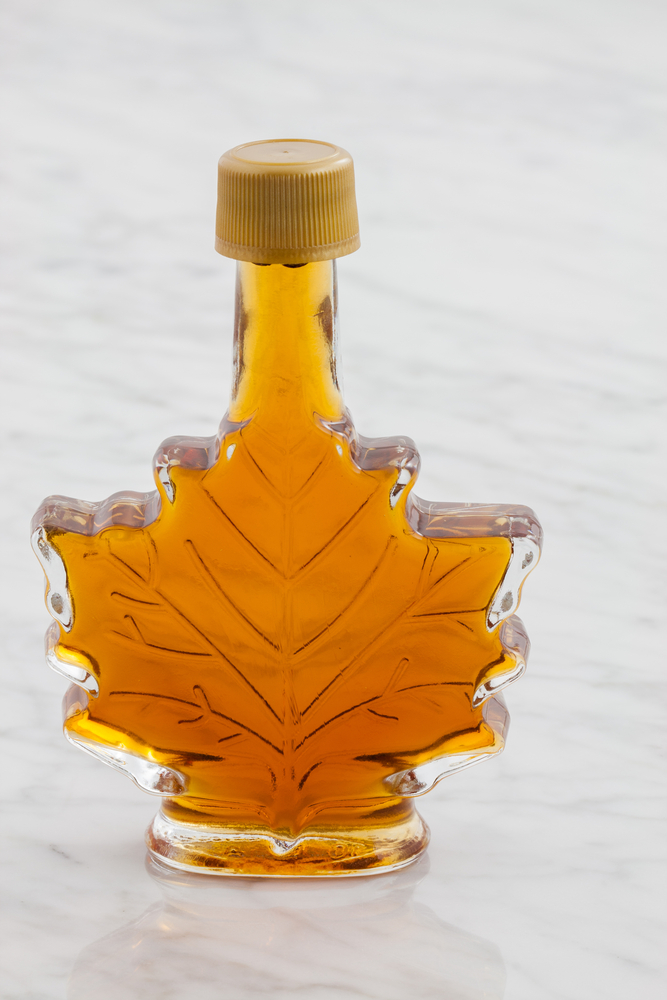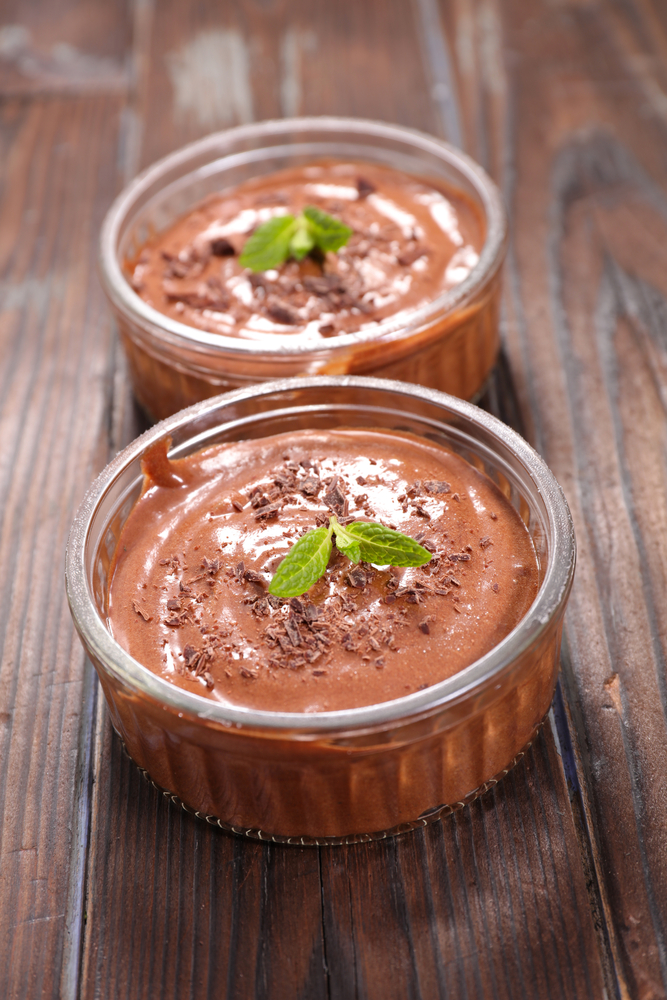Gut Check: Is Sugar Bad for Your Gut Health?

As interest in gut health continues to rise, many wonder how diet—and especially sugar—impacts our digestive systems. From fueling gut bacteria to influencing inflammation, sugar plays a notable role in how well (or poorly) our gut functions. This article explores the impact of sugar on gut health and offers a satisfying, sugar-free dessert recipe that uses natural sugar alternatives for a balanced approach to sweet treats.
The Gut Microbiome and Its Role in Health
Your gut is home to trillions of bacteria, viruses, and fungi, collectively known as the gut microbiome. This complex community influences digestion, immune health, and even mental wellness. When balanced, the gut microbiome supports overall health. But certain factors—especially diet—can disrupt this balance.
Eating high amounts of refined sugar has been shown to nourish harmful gut bacteria and yeast, allowing them to overpopulate and displace the helpful bacteria. This imbalance, called dysbiosis, can contribute to various health issues, including digestive discomfort, immune dysfunction, and metabolic disorders.
How Does Sugar Affect Gut Health?
Encourages Harmful Bacteria Growth: Sugar provides fuel for Firmicutes, a type of bacteria linked to inflammation and obesity. Over time, excess sugar consumption can disrupt the diversity of beneficial bacteria, potentially weakening the gut’s protective barriers.
Increases Gut Permeability: Often referred to as “leaky gut,” increased gut permeability occurs when the intestinal lining becomes weakened. A diet high in refined sugar, especially fructose, may promote this, allowing toxins and undigested food particles to enter the bloodstream, which can lead to inflammation.
Triggers Inflammation: Refined sugars, like those in sodas and sweets, can promote inflammation throughout the body, impacting both gut health and other areas like the cardiovascular system. Studies link chronic inflammation to a variety of health issues, including gut diseases like IBS and Crohn’s disease.
Disrupts Satiety and Insulin Response: Eating sugary foods can create blood sugar spikes and crashes, impacting hunger hormones and potentially leading to insulin resistance. This can contribute to weight gain, which in turn affects gut health and microbial diversity.
Types of Sugar and Their Effects on Gut Health
Not all sugars have the same impact. Here’s a quick guide:
Natural Sugars: Found in fruits, vegetables, and dairy, these sugars are packaged with fiber, vitamins, and minerals, making them more gut-friendly. Fiber helps feed beneficial bacteria, promoting a balanced microbiome.
Refined Sugars: Processed sugars, like table sugar and high-fructose corn syrup, lack fiber and can fuel harmful bacteria, promoting an imbalanced microbiome.
Artificial Sweeteners: These calorie-free sugar substitutes, including aspartame and sucralose, can disrupt the gut microbiome and have been associated with glucose intolerance. Studies suggest that consuming them regularly may negatively affect gut bacteria diversity.
Natural Sugar Alternatives
To support gut health while still enjoying sweetness, consider these alternatives:
Stevia: A natural, zero-calorie sweetener derived from the stevia plant, with minimal impact on blood sugar.
Monk Fruit Sweetener: Also zero-calorie, monk fruit extract is naturally sweet and has been shown to have minimal effects on the gut microbiome.
Raw Honey: Rich in antioxidants and antibacterial properties, honey is a natural sweetener that, in moderation, can support gut health by feeding beneficial bacteria.
Maple Syrup: Unrefined maple syrup contains minerals and antioxidants and has a lower glycemic impact than refined sugar.


Recipe: Sugar-Free Chocolate Coconut Avocado Mousse
Enjoy this rich, creamy dessert with no refined sugars. Sweetened with monk fruit, it’s a gut-friendly way to satisfy cravings.
Ingredients:
2 ripe avocados
¼ cup unsweetened cocoa powder
¼ cup coconut cream
1-2 tbsp monk fruit sweetener (adjust to taste)
1 tsp vanilla extract
Pinch of sea salt
Fresh berries or shredded coconut for garnish
Instructions:
Cut and scoop out the avocados into a blender.
Add cocoa powder, coconut cream, monk fruit sweetener, vanilla extract, and sea salt.
Blend until smooth and creamy, scraping down the sides as needed.
Taste and adjust sweetness if necessary.
Serve in small cups, garnishing with fresh berries or coconut as desired.
Nutritional Highlights:
This mousse is packed with fiber, antioxidants, and healthy fats from the avocados and coconut cream, supporting satiety and gut health.
The Bottom Line
While indulging occasionally is fine, maintaining a diet low in refined sugars and high in fiber-rich foods is beneficial for gut health. Incorporating natural sweeteners and sugar-free recipes, like this one, allows you to enjoy sweet treats while supporting a balanced gut.
Replacing refined sugars with natural alternatives can benefit your gut and overall health, making for a happier, healthier digestive system.
Sources:
Suez, J., Korem, T., Zeevi, D., et al. (2014). Artificial sweeteners induce glucose intolerance by altering the gut microbiota. Nature, 514(7521), 181-186.
Rothschild, D., Weissbrod, O., Barkan, E., et al. (2018). Environment dominates over host genetics in shaping human gut microbiota. Nature, 555(7695), 210-215.
Perry, R. J., Peng, L., Barry, N. A., et al. (2016). Acetate mediates a microbiome–brain–β-cell axis to promote metabolic syndrome. Nature, 534(7606), 213-217.
Harakeh, S., Saleh, F. A., Kasbar, N. I., et al. (2020). The role of sugar in the pathophysiology and risk management of metabolic disorders. Nutrients, 12(10), 3203.
Lustig, R. H., Schmidt, L. A., & Brindis, C. D. (2012). Public health: The toxic truth about sugar. Nature, 482(7383), 27-29.

